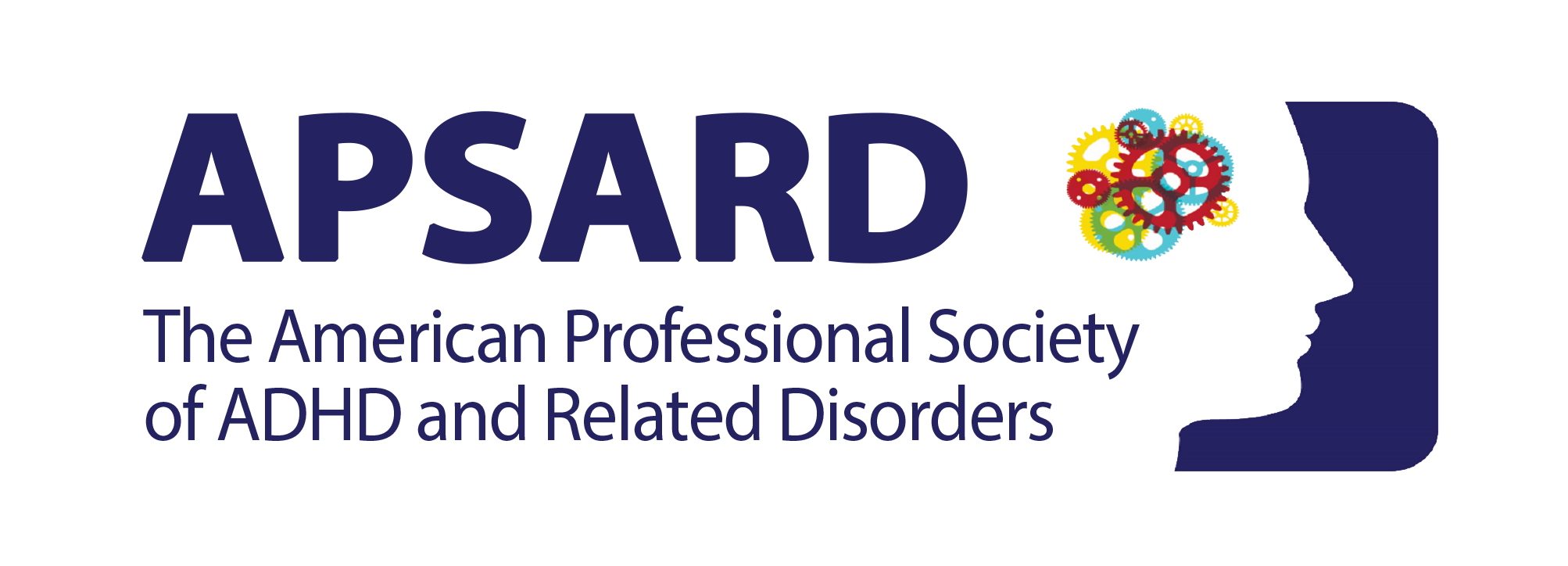
Phase 3 Trial Data Supports Efficacy of Novel Treatment for ADHD in Adults

The results were shared in a poster presentation at the 2024 APSARD Annual Meeting.
CONFERENCE REPORTER
Investigators found in recent research that centanafadine sustained release is an effective treatment for adults with attention-deficit/hyperactivity disorder (ADHD) regardless of patient treatment history. They shared these results in a poster presentation at the
The poster presentation, titled “Centanafadine Sustained Release is Efficacious in Patients With Adult ADHD, Regardless of Their Treatment History,” described pooled data from 2 double-blind, multicenter, placebo-controlled trials that assessed the efficacy of centanafadine—a first-in-class norepinephrine, dopamine, and serotonin reuptake inhibitor—sustained release in adults diagnosed with ADHD considering their diverse treatment histories. The findings shed light on the potential of centanafadine sustained release to address the complexities of ADHD treatment.1
The study, which included adults aged 18 to 55 years with ADHD as defined in DSM-5, employed a randomized 1:1:1 design. Participants were assigned to twice-daily centanafadine sustained release with a total daily dose (TDD) of either 200 mg or 400 mg, or a matching placebo. The primary focus was on the least squares mean (LSM) change from baseline in the Adult ADHD Investigator Symptom Rating Scale (AISRS) score at day 42, with a unique emphasis on prior treatment history. The robust analysis utilized a mixed model for repeated measures.1
Out of the 859 patients analyzed, both centanafadine sustained release groups (200 mg and 400 mg TDD) exhibited significant LSM differences compared with placebo at day 42 (both, P<0.001). In a breakdown based on past treatment, significant day 42 LSM differences were observed for centanafadine sustained release 200 mg (P=0.02) and 400 mg (P=0.008) TDD groups in patients with prior stimulant/nonstimulant treatment (n=542).1
Patients with 2 prior stimulant/nonstimulant treatments (n=47) showed a notable difference vs placebo for centanafadine sustained release 400 mg at day 42 (P=0.03).Even in patients with no prior stimulant/nonstimulant treatment (n=317), both centanafadine sustained release 200 mg (P=0.007) and 400 mg (P=0.008) displayed significant LSM differences vs placebo at day 42. Furthermore, in those with any past stimulant use, centanafadine 200 mg (n=179; P=0.01) and 400 mg (n=166; P=0.006) showed significant LSM differences vs placebo at day 42.1
The investigators concluded that the results drawn from this pooled analysis of 2 phase 3 trials in adult ADHD suggest that centanafadine sustained release demonstrates efficacy across various treatment histories.1
The research outlined in this poster presentation was contributed by Gregory Mattingly, MD, of Midwest Research Group; Andrew J. Cutler, MD, of SUNY Upstate Medical University, Neuroscience Education Institute; and Zhen Zhang, Caroline Ward, and Jessica McDonough of Otsuka Pharmaceutical Development & Commercialization, Inc.
Otsuka Pharmaceuticals—developer of centanafadine—also recently announced positive results from phase 3 clinical trials evaluating the tolerability, safety, and efficacy of the drug for ADHD in children and adolescents.2 Learn more about this research and centanafadine
Investigator Gregory Mattingly, MD, of Midwest Research Group gave Psychiatric Times® a preview of what clinicians can expect at the 2024 APSARD Annual Meeting. See the preview
Note: This article was prepared with the assistance of ChatGPT.
References
1. Mattingly G, Cutler AJ, Zhang Z, et al. Centanafadine sustained release is efficacious in patients with adult ADHD, regardless of their treatment history. Poster presentation. Presented at the 2024 American Professional Society of ADHD and Related Disorders (APSARD) Annual Meeting. Accessed January 19, 2024.
2. Kuntz L. First-in-class norepinephrine, dopamine, and serotonin reuptake inhibitor for ADHD. Psychiatric Times. October 27, 2023. Accessed January 19, 2024.
Newsletter
Receive trusted psychiatric news, expert analysis, and clinical insights — subscribe today to support your practice and your patients.







